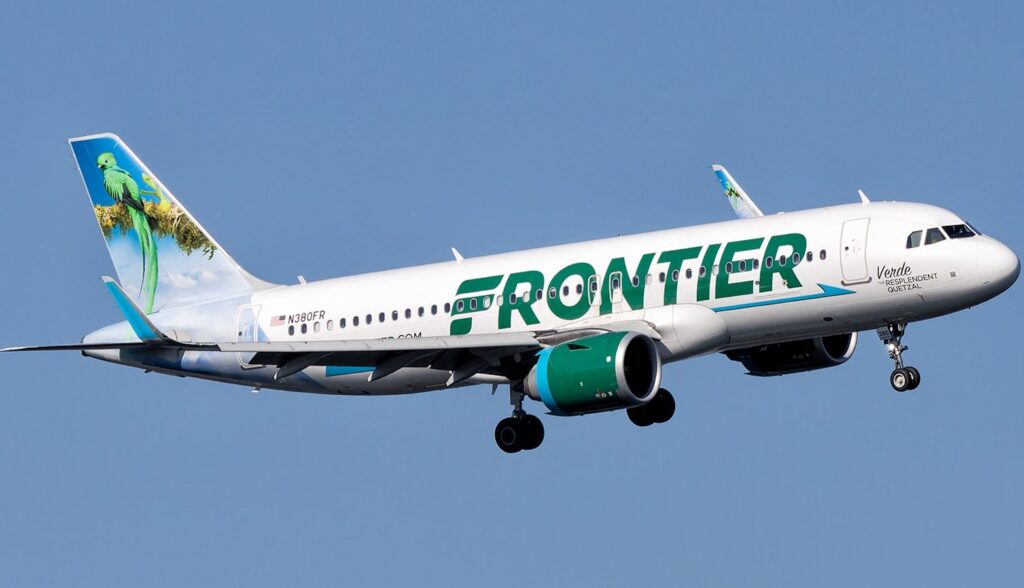News
Ryan Hamilton-Davis

US ultra low-cost carrier Frontier Airlines announced it will begin non-stop service from Trinidad and Tobago to Puerto Rico from July 11.
In a media release on May 2 the airline said its route will go from Piarco International Airport in Trinidad and Tobago to Munos Marin International Airport in San Juan, Puerto Rico. The service will be available three times a week the airline travels to 12 destinations in the Caribbean, including TT.
“We are delighted to have Frontier Airlines flying to our islands as we continue to increase the ease with which we connect travellers to the world,” said Hayden Newton, general manager of the Airport Authority of Trinidad and Tobago.
“We welcome you to our new frontier, Trinidad and Tobago.”
Frontier Airlines is a subsidiary of Frontier Group Holdings Inc, headquartered in Denver Colorado. The company’s mission, to deliver affordable travel to all its customers, is achieved through the use of the Airbus A320 family aircraft.
“The use of these aircraft along with Frontier’s high-density seating configuration and weight-saving initiatives have contributed to Frontier’s continued ability to be the most fuel-efficient of all major US carriers when measured by available seat miles per fuel gallon,” the release said.
It recently introduced the UpFront Plus initiative which provides an upgraded seating option with extra leg and elbow room in the first two rows of the aircraft. UpFront Plus customers can also enjoy a window or aisle seat with extra legroom and a guaranteed empty middle seat.
“We are thrilled to begin serving consumers as they travel to and from Trinidad,” said Josh Flyr, vice president of network and operations design. “By providing affordable and convenient travel to Port of Spain, we are pleased to be a valuable partner in the island’s vital and vibrant tourism industry.”
